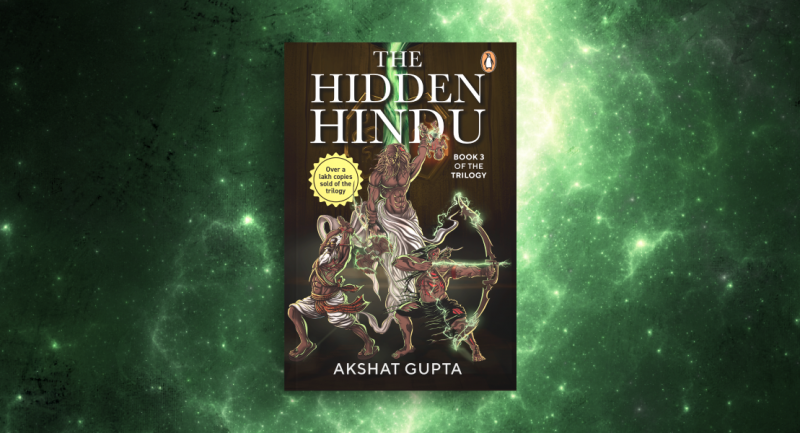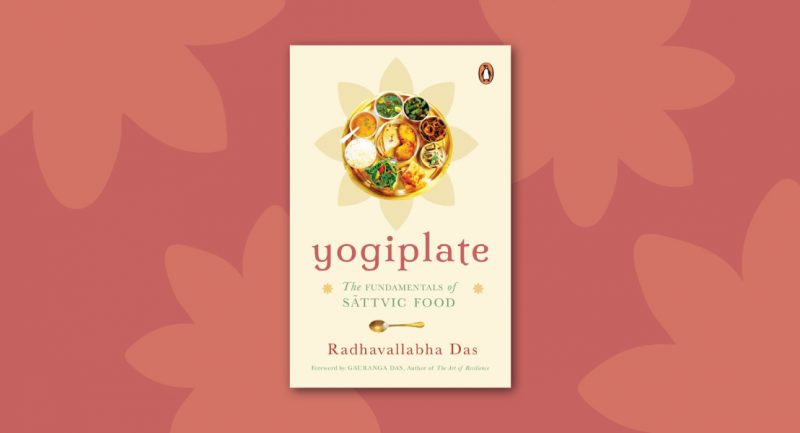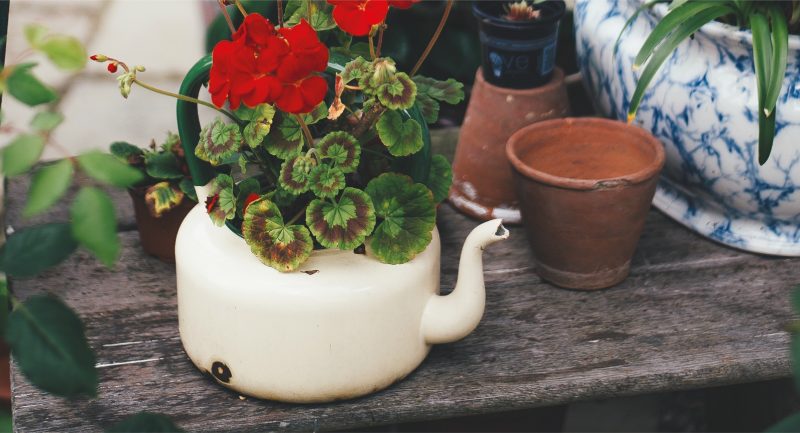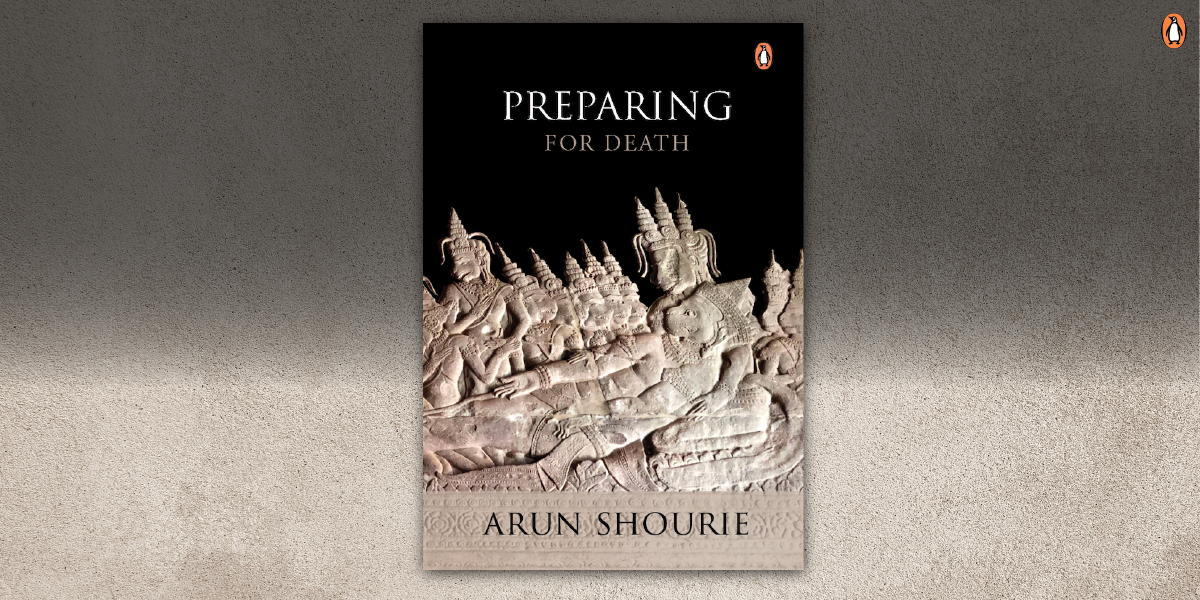
The one certainty in life, the one appointment which each of us will just have to face, is the one for which we do the least to prepare-death.
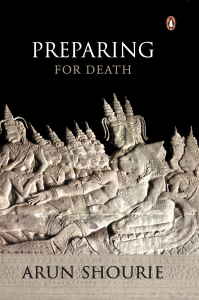
Preparing for Death explores the questions that have puzzled humanity from the very beginning as evinced by the rituals, texts and philosophies that surround death. From the lives and last days of the Buddha, Ramakrishna Paramahamsa, Ramana Maharshi, Gandhiji, Vinoba; from our religious texts and teachings of great meditation masters; from santhara to sannyas, Arun Shourie explores all these, for their views on how to prepare oneself for the end, and to face death with equanimity.
But to get back to the incidents. They are a consolation, they put our difficulties in perspective: if even the Buddha had to contend with such mundane troubles, who are we to complain? In any case, even the most fleeting glimpse of these great souls has always bewitched me. On occasion, therefore, I have included longish extracts from contemporary accounts: we see them in their natural habitat, so to say; we hear them talk, we see how they spent their day, what they ate, sometimes even what they lookedlike. Our Adit is forty-four now, but he is small for his age— bound as he is to his wheelchair, he weighs just about 112 lbs; and so I was astonished out of my wits when I read in Pyarelal’s The Last Phase, that when, just a few days before he was assassinated, Gandhiji was weighed, he was just 109 lbs. A man of a mere 109 lbs—‘a little man,’ as British commentators used to call him, all of 5’4’’—had brought down the imperial fortress. So, I have included extracts that have details which I hope will entrance the reader too. But there is another reason also. At first glance the extracts from diaries and the rest will seem far removed from the subject of this book—death. And yet, one of the exercises for the reader is to always keep asking what that seemingly irrelevant detail or event—the equanimity with which the Buddha bears calumny, for instance—tells us about how the personages attained the way they died.
Final lessons
In our present context, reading about their last days is especially instructive. And it is natural to seek lessons from their dying. Indeed, as we shall see, when their end came, the Buddha, Sri Ramakrishna, Sri Ramana deliberately kept their disciples and even lay followers close by so that the latter may learn the final lessons from their life, that is, from their dying. The Buddha had asked a disciple to fold the cloth in four and spread it on the ground between two sal trees. He lay down. He sent for the disciples. As they stood around him, one of the most revered Tibetan monks of the last century, Pabonka Rinpoche, told the thousands who had gathered to hear him—the Buddha pulled away his upper garment so that they could see his body—‘It is only rarely that anyone gets the chance to see the body of a Tathagata.’ And the Buddha said to them, ‘This too. You too’—this happens to Buddha too; it will happen to you too. So, to the last years and days of a few great men, and one woman who was ‘ordinary’ enough that she could have been our mother. What happened in the last few months and days? What choices had they to make? What painful decisions had relatives, disciples and associates to make? Did they slide into death or did the ‘delusion of reprieve’ alternate with despair? How did doctors respond? Were they of one mind, or did their diagnoses differ? Would new treatments show improvement? Would the improvement last, or would the hopes it had triggered be dashed in a few days?
- Most important for our subsequent discussion, in those final days:
- What could they no longer control?
- Over what did they retain control?
- What had prepared them for the control that they retained till the end?
- What stages did their bodies pass through, and their minds, before they eventually died? What decisions did they have to take on the way? That such and thus medical procedure must not be undertaken—in one instance an injection, in another amputation. To take at least water or not even that? For such are the decisions that we will have to take, in some instances to enforce on those looking after us in those final days.







